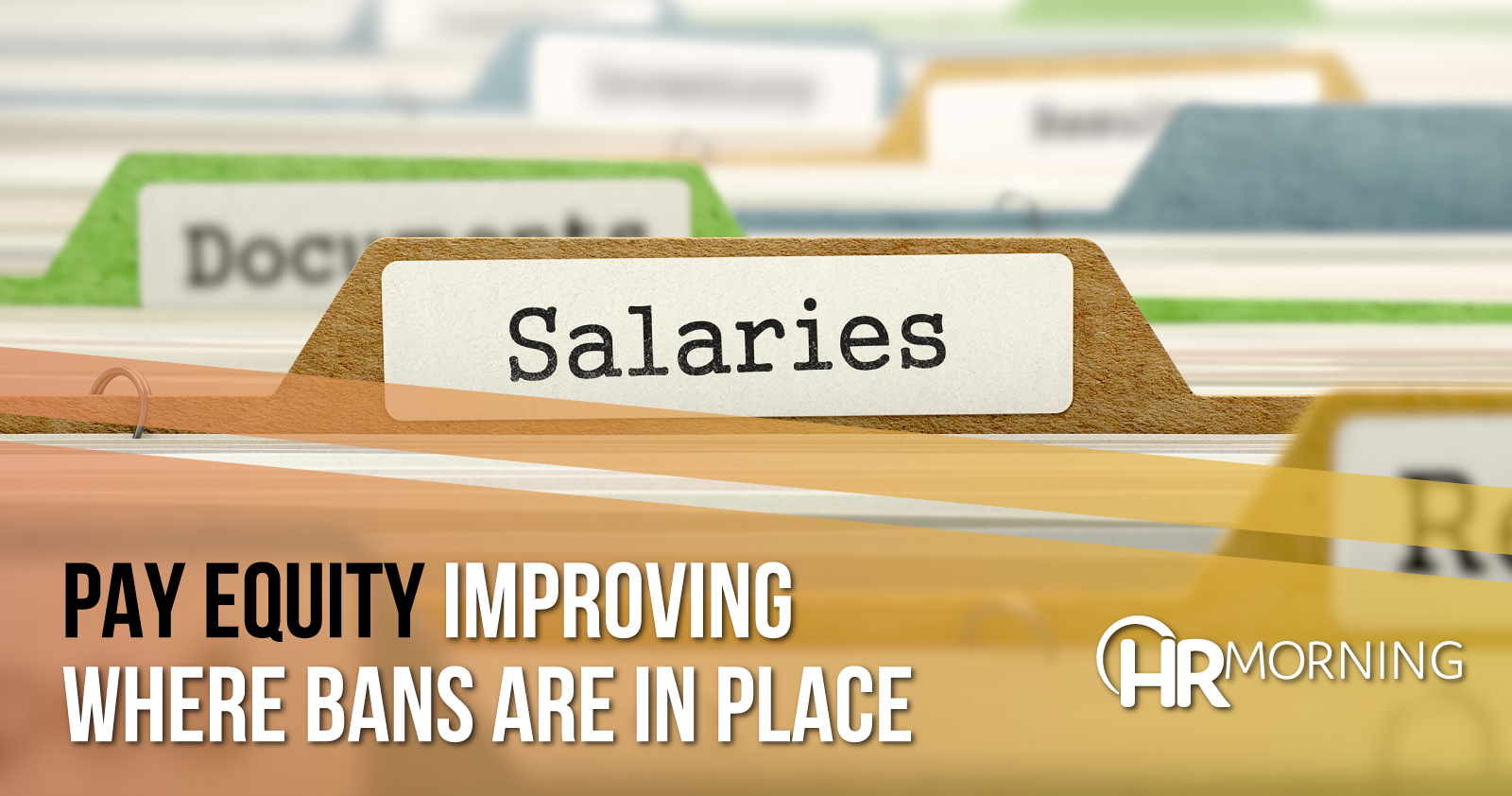Salary history bans are making a difference, according to a recent study and that may be spurring more cities to act.
A Boston University research study released in June 2020 indicates that salary history bans are having the desired effect.
After a city or state banned salary history questions, they found pay increased for all workers by about 5% over the following 12 months.
For women, the increase was even more pronounced at 8% and Black workers saw salaries rise by an average of 13%.
Philly’s ban now law
Philadelphia today joined the growing ranks of communities across the US banning salary history questions
After a three-year delay, employers in Philadelphia are prohibited from asking job candidates what they are making now or were making at their last job.
The Philly ban is similar to those in force in a number of other states and municipalities across the country over the last decade, including in neighboring New Jersey, where the state government put a ban in place in 2019.
Salary history bans having an effect
All of these bans have similar goals: to eliminate wage inequity driven, in part, by historical differences in wages for minorities and women.
While the wage gap has narrowed in recent years, women still make only about 80% of what men in similar positions earn. And that gap is even wider for women of color.
Those pay disparities tend to linger as workers move to new jobs, when employers can base salary offers on workers’ previous, unequal, pay and benefits levels.
And according to researchers, “salary histories appear to account for much of the persistence of residual wage gaps” in locations that do not have bans in place.
Those findings may help counter opposition to the bans from the business communities in other cities similar to the lawsuit that delayed Philly’s rules for three years.
Salary history ban opposed by employers
The City of Philadelphia municipal government’s ban on asking prospective employees for their salary history was passed by City Council in 2017 to encourage wage equity in the sixth-largest U.S. city.
But the Greater Philadelphia Chamber of Commerce sued, claiming the ordinance violated the commercial-speech rights of employers. The Chamber won a lower court ruling but, in February 2020, a federal appeals court reversed a lower court ruling in favor of the Council and allowed the law to take effect.
After the ruling, the CofC dropped its suit and began working with the city on how to implement the new rule.
The Chamber’s efforts are reflected in the final rule Philadelphia’s Commission on Human Relations approved at the end of August.
Philadelphia’s salary-history ban applies only when an applicant is interviewing for a job that will be located in the city. An employer’s Philadelphia headquarter location does not automatically trigger the ban, nor does the fact that an interview takes place within the city.
That is a big deal for the city’s largest employers, including food and uniform services giant Aramark, multinational telecom and entertainment juggernaut Comcast, and Independence Blue Cross, all of which operate in every state and city in the US.
One bright spot for Philly employers – the delay means they’ve had plenty of time to update their employee handbooks.


